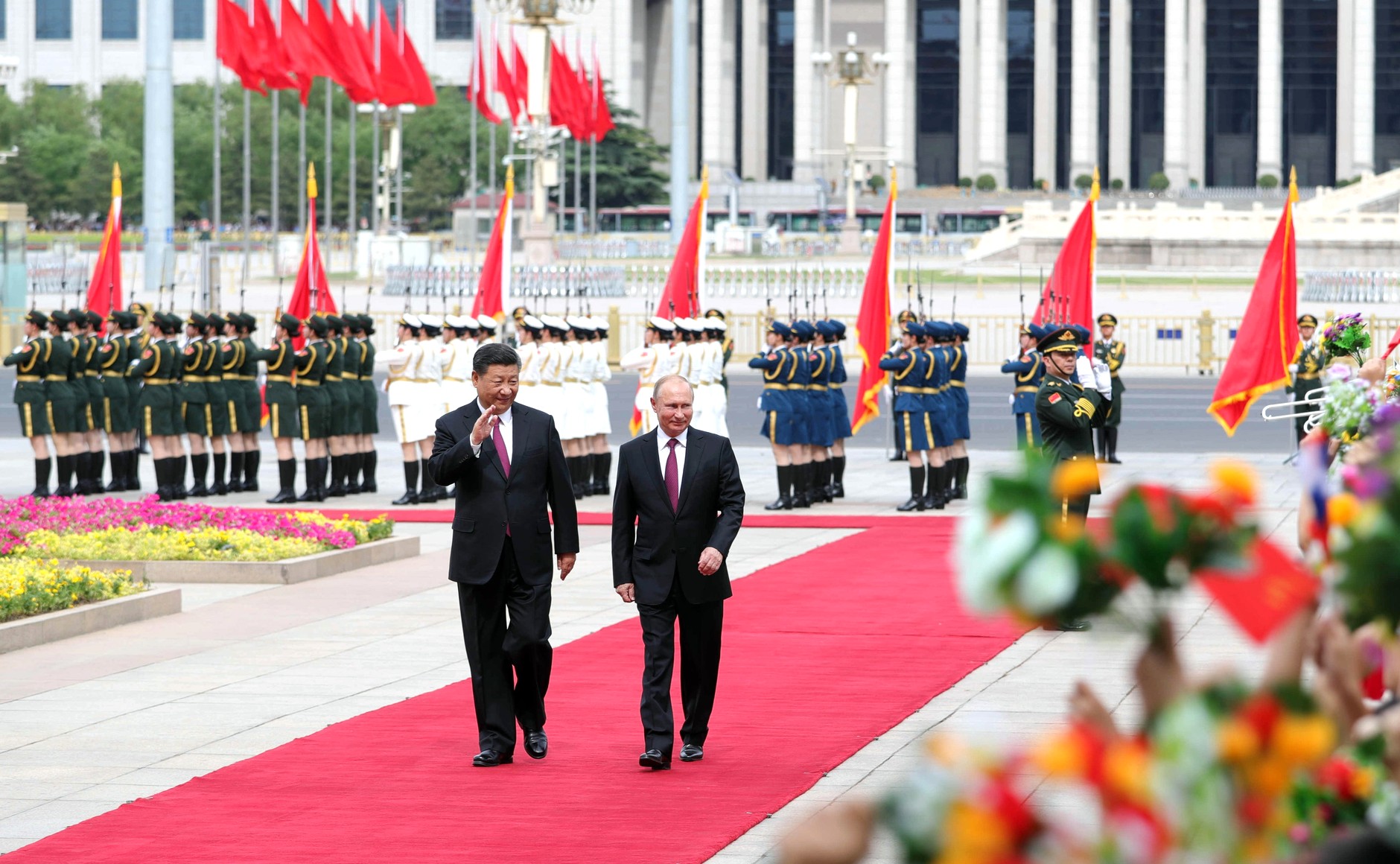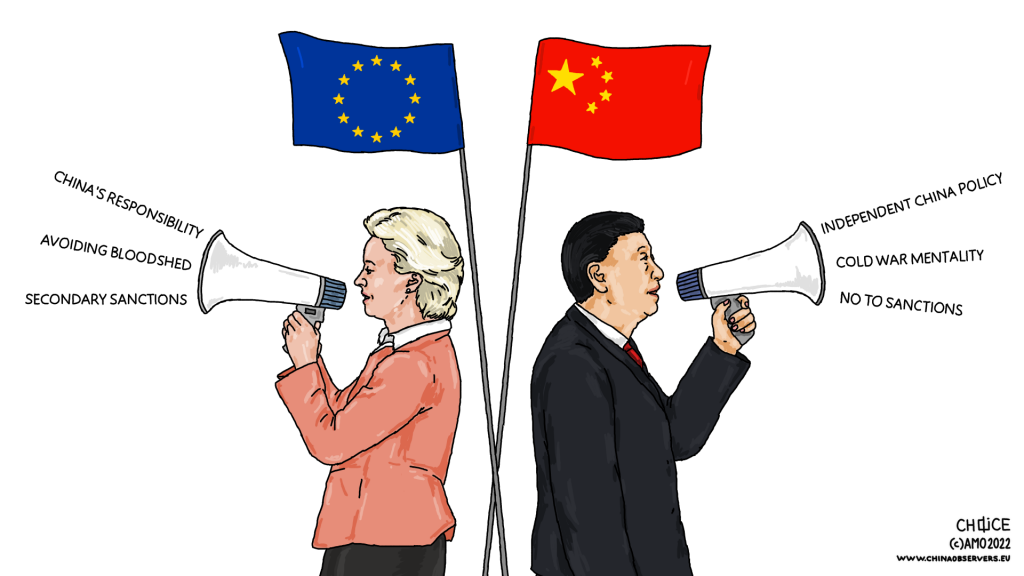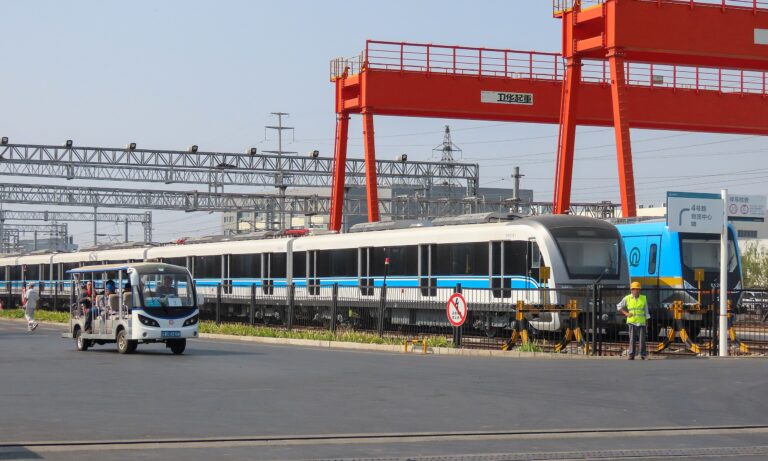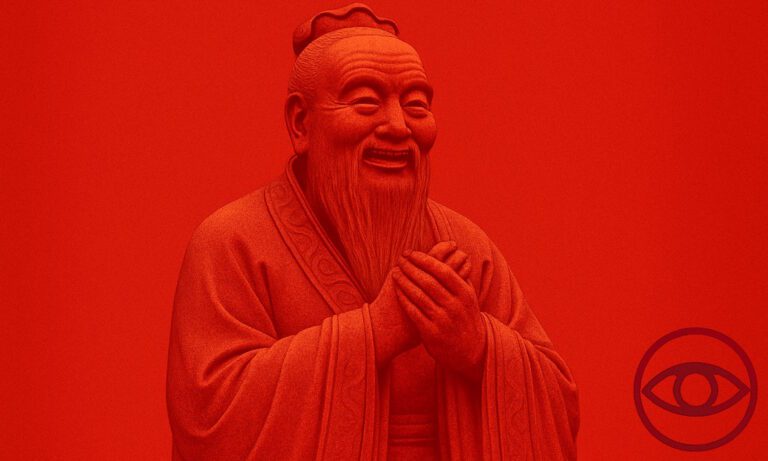
This article is part of a series of articles authored by young, aspiring China scholars under the Future CHOICE initiative.
When Russia invaded Ukraine at the end of February, the eyes of many turned swiftly to China.
Just weeks prior, Vladimir Putin and Xi Jinping met in Beijing at the start of the Winter Olympics and declared that their bilateral relationship had “no limits”. In light of the intensification of Russian military actions in Ukraine, Beijing’s limits are certainly being tested. At present, China’s attempt to balance its interests is becoming increasingly difficult.
In this context, the last EU-China Summit was crucial. The meeting reflected the impact of the war on the international rules-based order and on the interactions between the EU and the rest of the world, including China. Beijing’s role in the Ukrainian War remains ambiguous, but Brussels is appearing impatient with such ambivalence.
As such, the EU is starting to set the tone of the conversation, declaring clearly that equidistance is not enough.
Redefining the European Security Architecture
Putin’s assault has led to many unintended consequences, which have shaken some long-standing norms and practices of European security. Within the EU, it has most notably sparked a watershed moment in Berlin.
Just three days after the invasion, German Chancellor Olaf Scholz dramatically altered his country’s foreign and security policy when addressing the Bundestag and announced measures for German rearmament and an increase in defense expenditures that would have previously been unthinkable. The next day, the EU followed through and decided to make use of the European Peace Facility, an off-budget financing instrument that allows it to support the military capabilities and resilience of a third country – in this case, Ukraine – including with lethal weapons.
These two changes, alongside a revaluation of NATO’s role in the security of the European continent and its collaboration with the EU in the field of defense, demonstrate how the EU strategic culture is being redefined. Momentum for the EU to have a more coherent Common Foreign and Security Policy is growing and should be pursued.
China’s Calculus
Since the beginning of the war, Beijing has been in a rather delicate situation. China is at once tasked with upholding a long-standing commitment to the principles of sovereignty, territorial integrity, and non-interference while also continuing to invest in the strategic partnership with Moscow. This complicated balancing act is even more difficult as China tries to avoid collateral damages from the sanctions imposed by the United States and the EU in light of the invasion.
Perceptions of the war among Chinese scholars are more diverse than one might expect. However, the official position is that China is not a “party” to a conflict whose causes lie in the disregard of Russia’s “legitimate security concerns” following decades of NATO’s eastward expansion. As such, Chinese state-controlled media have been pushing anti-US and anti-NATO narratives to justify the country’s position to its domestic audience.
While Russia is “the most important strategic partner” for China and the relationship has “no limits”, the developments in Ukraine put this to the test. Thus far, China has not provided much consequential direct support to Russia. This hints at China’s consideration of its commercial ties with the West, and particularly with the EU, given the slowdown of its economy, the disruptive COVID-19 outbreaks in major cities, and distortions in global industries and commodities markets. It is also worth noting the political significance of 2022 for China, as Xi Jinping is expected to embark on a third term in power and tackle the challenges posed by the shortcomings of China’s growth model as economic stability remains the paramount priority for the Communist Party of China.
In this context, China is attempting to strike a balance between its interests. However, its lack of explicit condemnation of Russia’s invasion of Ukraine puts into question its stated neutrality, with China’s stance described variously as a tacit endorsement of Moscow’s actions or “pro-Russian neutrality”. As Evan A. Feigenbaum highlights, “the lean toward Moscow, especially when compared to 2008, is so notable that, as a practical matter, Beijing will not be able to avoid the perception that it is enabling Russian policy.” While China and Russia have had their differences in the past, their strategic rapprochement in the last decades is significant and evident in their alignment on issues including global governance and international norms and standards.
Dialogue of the Deaf
In this complicated context, the EU-China Summit took place on April 1, for the first time in two years. The discussion and key takeaways were conditioned by the war-time context of the meeting.
Commission President von der Leyen stressed the impact of the Russian invasion of Ukraine on the EU, its security, and its relationship with the rest of the world. European perceptions of China had already become increasingly negative since the start of the COVID-19 pandemic but China’s pro-Russian neutrality has only strengthened this trend, since, as highlighted by von der Leyen, “no European citizen would understand any support to Russia’s ability to wage war.”
Unable to secure explicit Chinese commitment to persuade Russia to stop the war, the EU did signal that “any circumvention of the effects of the sanctions or any aid provided to Russia would prolong the bloodshed and lead to even greater losses of civilian lives and economic disruption.”
Wielding its economic might, the EU cautioned China against actions that would prolong the war, which would be met with severe financial consequences. Following this statement, it is important to acknowledge the degree of assertiveness in the language used by the EU and the reference to the “special responsibility” China holds in this situation as a permanent member of the United Nations Security Council. The choice to highlight China’s role as a responsible stakeholder in the international system deliberately echoed Beijing’s own narratives when addressing global challenges and debates on global public goods.
Apart from these substantive points, the conversation covered the list of grievances that the EU has with China. The European leaders reaffirmed their concerns regarding the “unjustified” sanctions imposed on Members of the European Parliament, the issues related to market access and investment in China for European companies in the context of a still-frozen CAI, the detrimental impact of coercive measures against Lithuania on the European single market, and questions of human rights violations and international law. The only concrete outcome of the summit is the agreement to restart the Human Rights Dialogue – a mechanism for dialogue with China on a highly contested issue that, thus far, has had limited impact on the overall human rights situation in the country.
Conversely, the Chinese readout of the summit emphasized discussions on general cooperation areas including climate change, global health, and food security, without going too in-depth on the war in Ukraine. In addition, Xi Jinping called on the EU “to form its own perception of China, adopt an independent China policy,” making an implicit allusion to European convergence with the US.
Josep Borrell, the EU’s top diplomat, summed up the meeting by labeling it as a “dialogue of the deaf,” in which one party focused on directly handling the war while the other deliberately aimed to sideline the atrocities committed by its partner.

No Equidistance
However, China would be wise to observe the decisions taken at the EU level and be mindful of the tectonic changes taking place in the continent. China’s approach to Russia’s invasion of Ukraine has affected the bilateral relationship with the EU, especially as the war has redefined European conceptions and perceptions of its security and defense architecture. This cannot be overstated and is not compatible with China’s call for a new security mechanism in Europe that takes into account Russia’s “legitimate security concerns,” especially when basic norms of coexistence have been broken by Putin’s invasion. February 24 has marked a geopolitical turning point and its impact on Europe will be irreversible.
Prior to the summit, expectations for China’s role in resolving the situation were already low.
The meeting seems to have only reinforced the EU’s doubts about China’s reliability in this matter, and the EU’s expectations will thus continue to adjust as the war continues. China has been warned about the potential costs of any assistance to Russian circumvention of sanctions, which would undoubtedly impair its economic stability in a year of political and economic transitions.
The margin of acceptability of China’s pro-Russian neutrality will be determined by the extent to which China will financially, or potentially militarily, assist Moscow. The fact that Beijing has not condemned the invasion of another sovereign country does not favor China’s image in Europe and will only cement certain deadlocks that have paralyzed the bilateral relationship. It seems that China does not fully understand that the rhetoric of blaming NATO’s enlargement and the emphasis put on dividing the transatlantic relationship is counterproductive, to say the least, as long as China continues to whitewash Russia’s invasion of Ukraine. Especially among CEE countries who have a very different or even existential perception of NATO.
Equidistance is not enough, and China’s conduct will likely have long-lasting effects on its relations with the EU. The question remains whether the leverage the EU has on China is enough to encourage it to step up to its responsibilities as a great power in the face of war. So far, the answer is a clear no.
Written by
Patrizia Cogo
PatriziaCogoPatrizia Cogo Morales is Project Manager and Research Assistant at the Elcano Royal Institute’s Office in Brussels. She also works as Project Officer at the Centre for Security, Diplomacy and Strategy of the Brussels School of Governance. Previously, she worked at the EsadeGeo-Center for Global Economy and Geopolitics within the team of Dr. Javier Solana. She is also Lead Co-founder and was President of the network European Guanxi. Her research interests include EU-China relations, Indian foreign policy, and the security dynamics in the Indo-Pacific.


